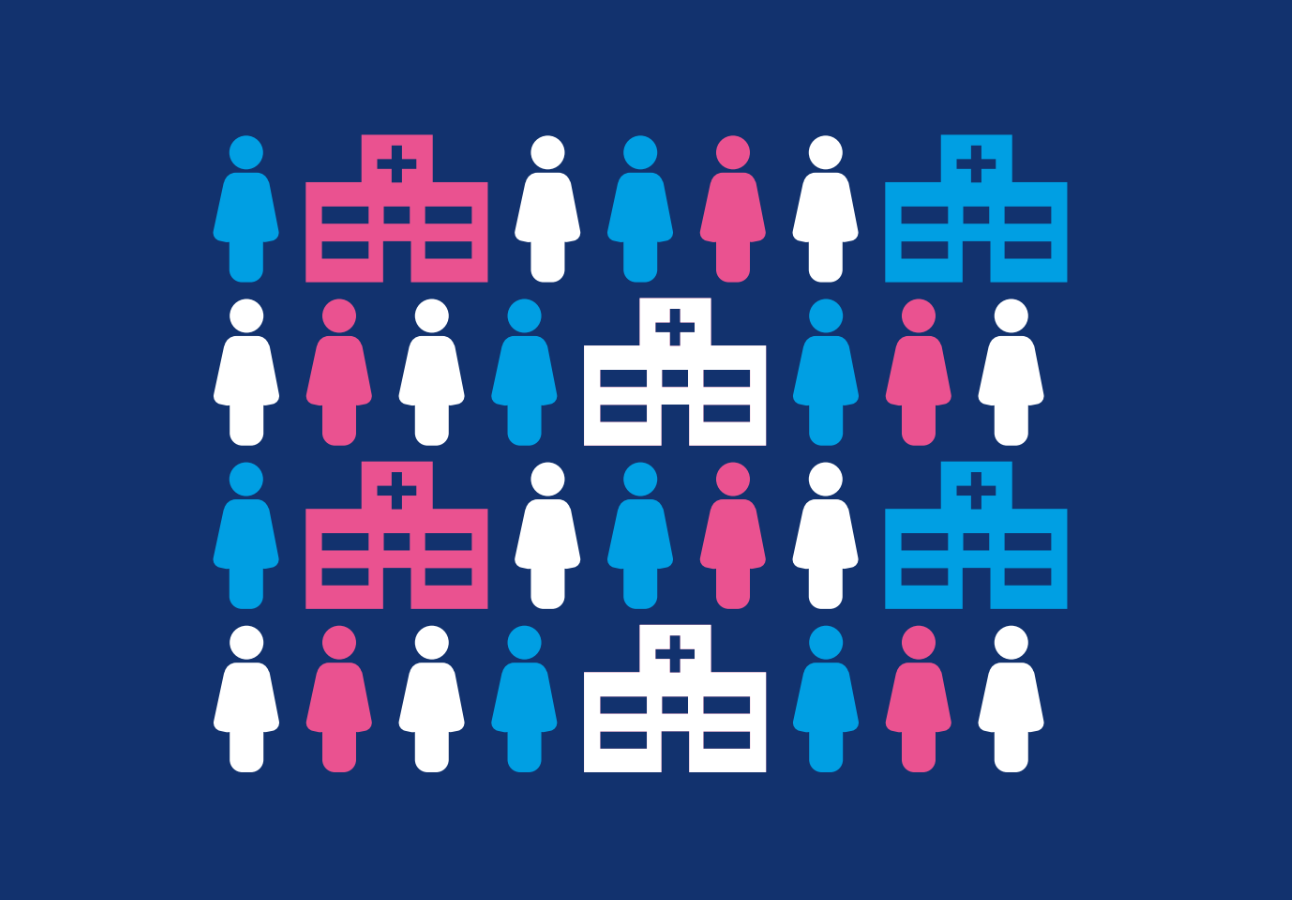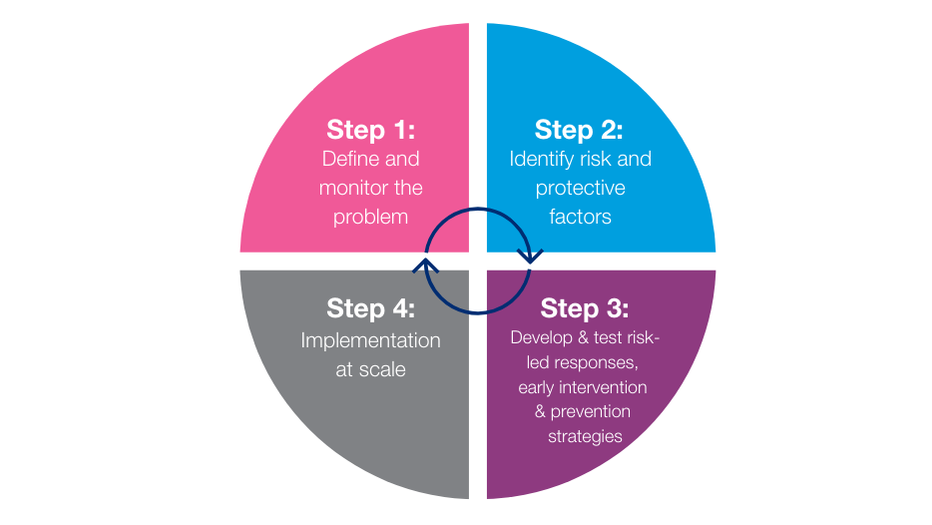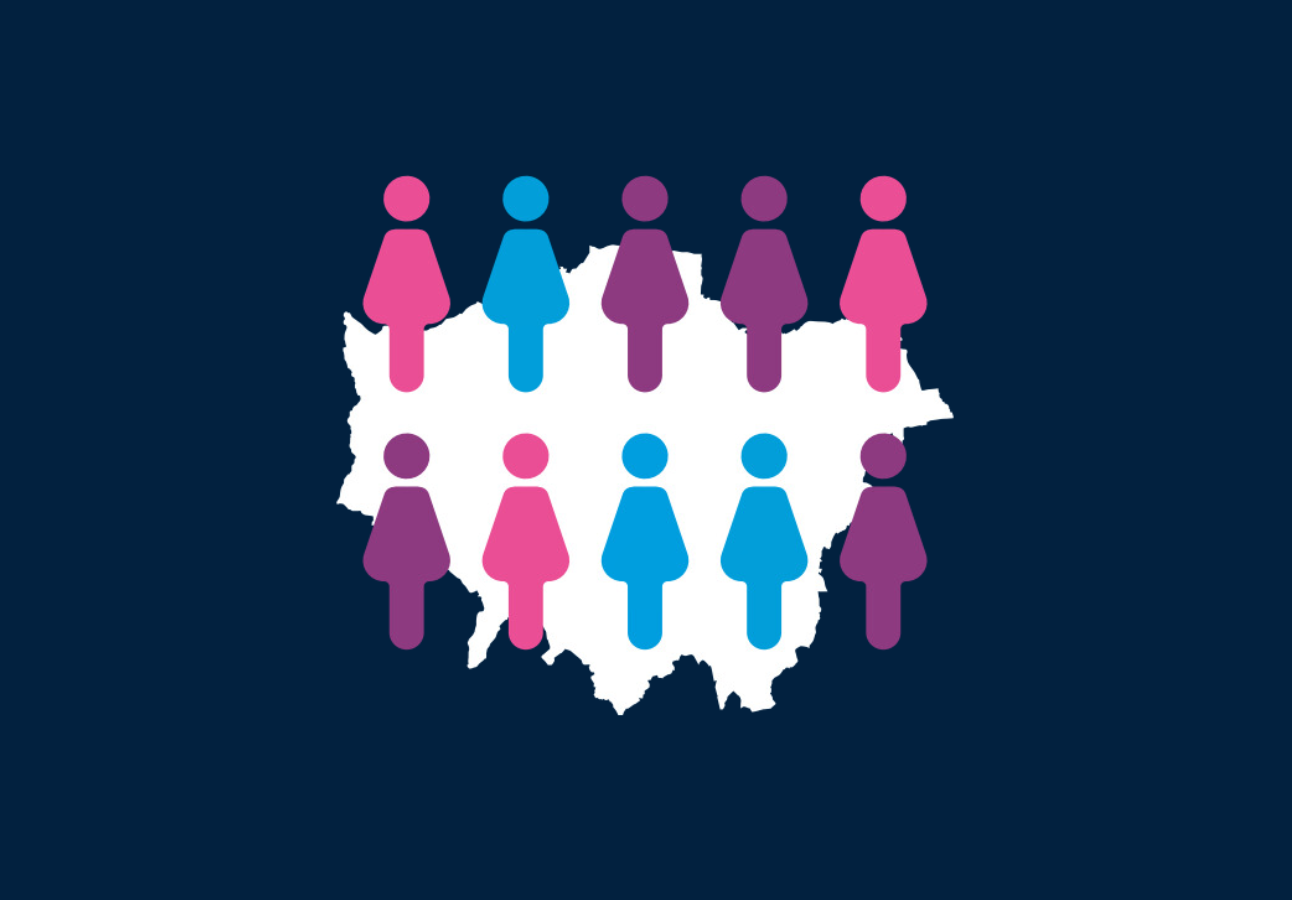About hospital-based Idvas
The role of the hospital-based Idva:
- To provide immediate support and advice to victims of domestic violence within hospital
- To link individuals and families to longer-term community based support
- To provide hospital staff with expert training so that they have the confidence to ask about domestic abuse
Immediate support and advice
Victims of domestic abuse in hospital are often in the immediate aftermath of a crisis: severe physical assault, drug/alcohol related medical needs, attempted suicide or self-harm. The risk of immediate harm must be reduced; particularly when hospital release is imminent (half of the clients in hospital are still in a relationship with the perpetrator which means they face additional risk).
Hospital Idvas provide practical support, empathy and understanding. The safety needs of the client are paramount, as well as ensuring longer term community support. The Idva may:
- liaise with the police regarding bail conditions/remand,
- engage with housing and refuge providers,
- work with community and hospital-based mental health/drug/alcohol services,
- organise applications for civil remedies,
- refer to adult and/or children’s social care (both within and outside of the hospital)
The aim of the hospital Idva is to reduce the risk of further harm and homicide, and to ensure that specialist community-based support is sustained.
Linking victims and their children to the support they need
When an individual is assessed as being ‘high risk’, an Idva will ensure that the victim is referred to the Marac. They will act as an advocate for their client within a multi-agency context, supporting the client to access safety as well as working with longer terms services such as outreach based in the community.
Providing expert training, advice and support to hospital staff
In hospital environments where staff turnover is high, training should be embedded as a core aspect of the Idva role. It should be delivered in multiple forms such as regular safeguarding training, drop-in sessions, workshops and staff inductions. The content will vary, but may include: the dynamics of domestic abuse, the stages of change, the relationship between domestic abuse and complex needs (drug and alcohol, mental health, disabilities, age, pregnancy) medical signs and symptoms of abuse, effectively asking about abuse and responding to disclosures, risk and referring to Idva and the Marac process. It is advised that training also includes Information Sharing and Confidentiality Guidelines for high risk cases or cases where there are adult or child safeguarding concerns. Effective training will translate into confident staff who feel able to ask about domestic abuse safely and also typically results in staff disclosures.
About Idvas in maternity units









